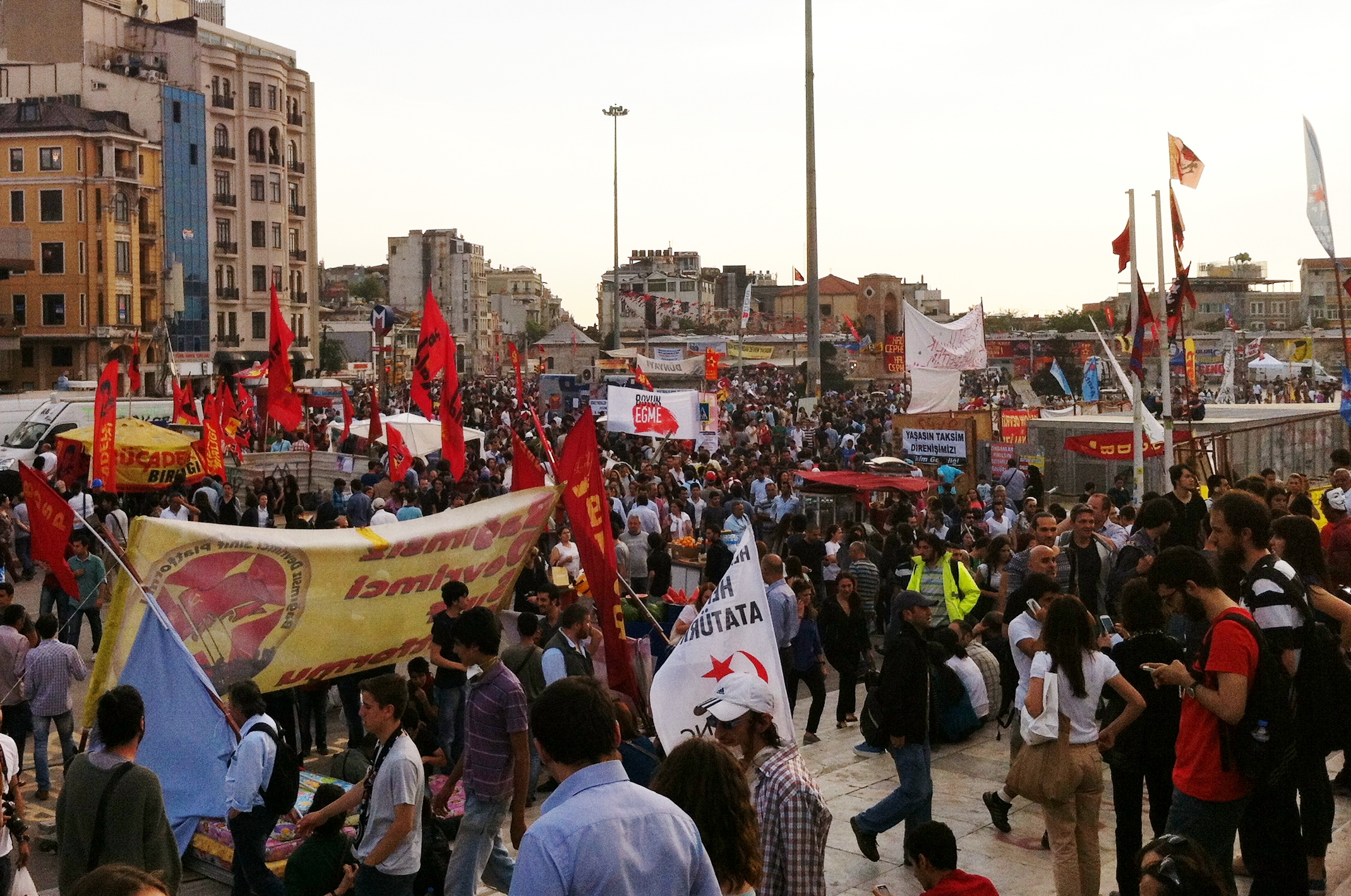If someone had told me a week ago that a major protest would erupt in my country, I would have thought that person was insane. As I landed in Istanbul for the summer, I was expecting an uneventful month off with my family. The government enjoyed strong support as the Turkish economy boomed, and opposing parties were marginalised in an ever more politically polarised society.
Although protests against the government were not unheard of, the police always managed to overcome protesters using violence. After 2011, the ruling Justice and Development Party (AKP) always had its way, with control of the president’s seat, a single party cabinet, a majority of the parliament, and a subdued judiciary through legal reform.
As of today, the Gezi Park protests have entered their seventh day. The demonstrations began in protest of plans to reconstruct an Imperial army barracks and place a mall on top of a renowned park. Since then, people from all levels of society have entered the streets, denouncing the government’s disregard of the people, failed promises of democratisation, Islamisation of the country, corruption, and censorship. However, the accomplishments of these demonstrations show that democratic ideals have become ingrained in Turkish society, and that the Republic stands strong on its foundation – the people.
By the Turkish constitution, the people have a right to free speech and assembly. Although Turkish law allows for governors to redirect assemblies to other areas, this power is usually reserved for Labour Day demonstrations, which are often massive and elicit a police response. In past protests, the police tended to disperse the crowd whether this power was exercised or not. Because of a highly fractured and polarised society, there was no unified opposition to police violence. Meanwhile, support for the ruling party has been united for the most part, allowing the government to hold complete control of the state. The greatest achievement of the Gezi Park protests has been allowing the fractured society to stand together on this issue and reconcile its differences. Such a union involving those who are religious, secular social democratic, communist, nationalist, or Kurdish separatist would previously have been unthinkable. In face of issues trancending party lines, the people who oppose this government conduct have decided to unite in fulfilling their duties as citizens of the Republic.
Similarly, although freedom of the press is understood to be vital to a democracy, Turkish citizens are used to the mainstream media having close connections with the government. Media seldom put the government under a bad light, and the occasions when this happened would usually be linked to a period of conflicting interests with the government. This time, the media decided to decline coverage of the protests at all. Citizens have instead turned to social media to co-ordinate and notify the world of what is happening. Twitter trends managed to turn international attention to Turkey, which forced some members of the government to be more compromising. Protests were also held in front of main media outlets, and boycotts were organised against affliated organisations, which pressured the media to cover the events as of yesterday.
The citizens finally feel empowered against the state, as they should in a democracy. All my friends from high school are either out on the streets, or helping to spread information. My neighbour and childhood friend tells me “he is going out for the fun” as he goes to protest in Beşiktaş, where the Prime Minister’s office is located. The grocier, a former supporter of the ruling party, boldly exclaims nobody can just go around and ignore the people. It is not uncommon to see cars ride by, honking, with passengers hanging out of the window and waving Turkish flags. At 9 o’clock, the streets are filled with the noise of pots and kettles, lights flickering in support. The government is no longer free from criticism, and the people know they are not alone.
What I have witnessed here amounts to a national awakening. Turkish people have shown both the value of democratic ideals, and the importance of upholding them. And as long as these values are guarded in society, hope for a better future remains as the Republic stands strong.
Mete Şeref Ahunbay is a Turkish student in the Joint Honours Math and Physics program.








